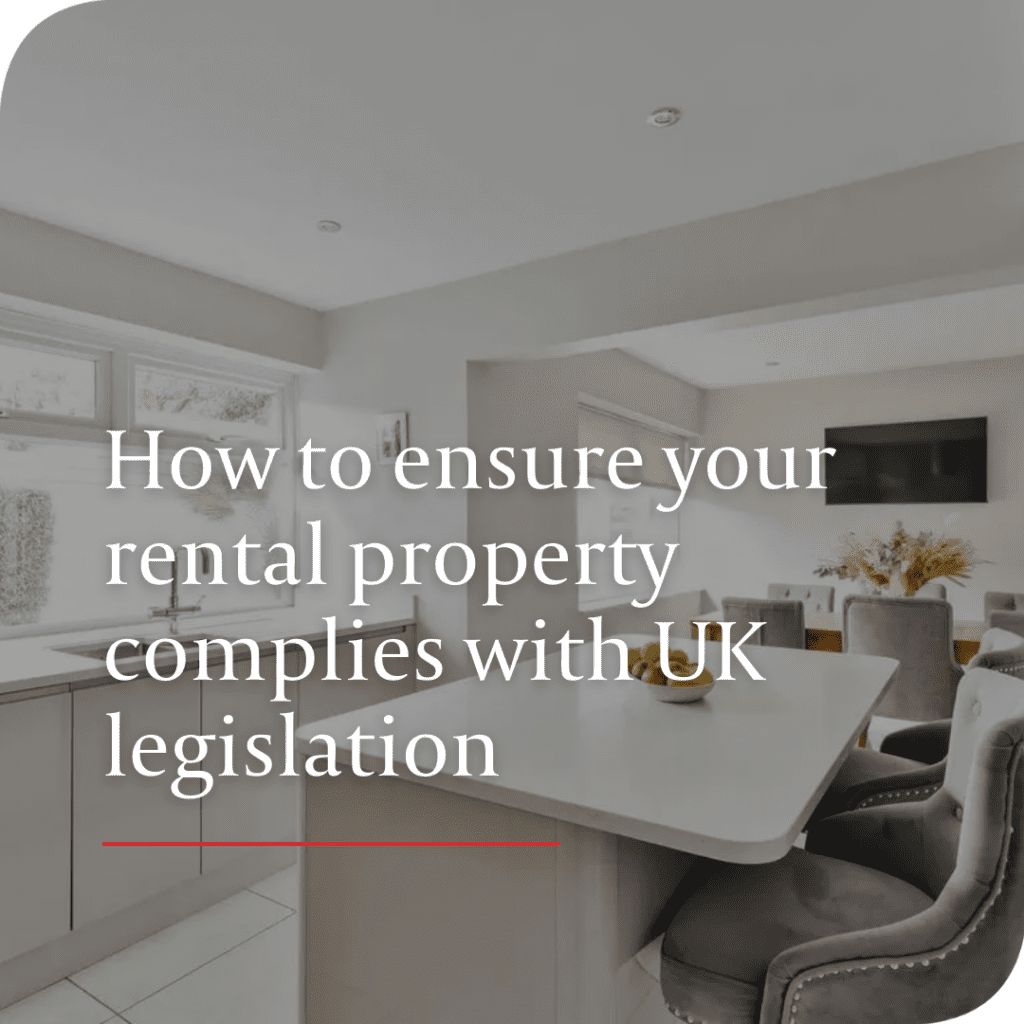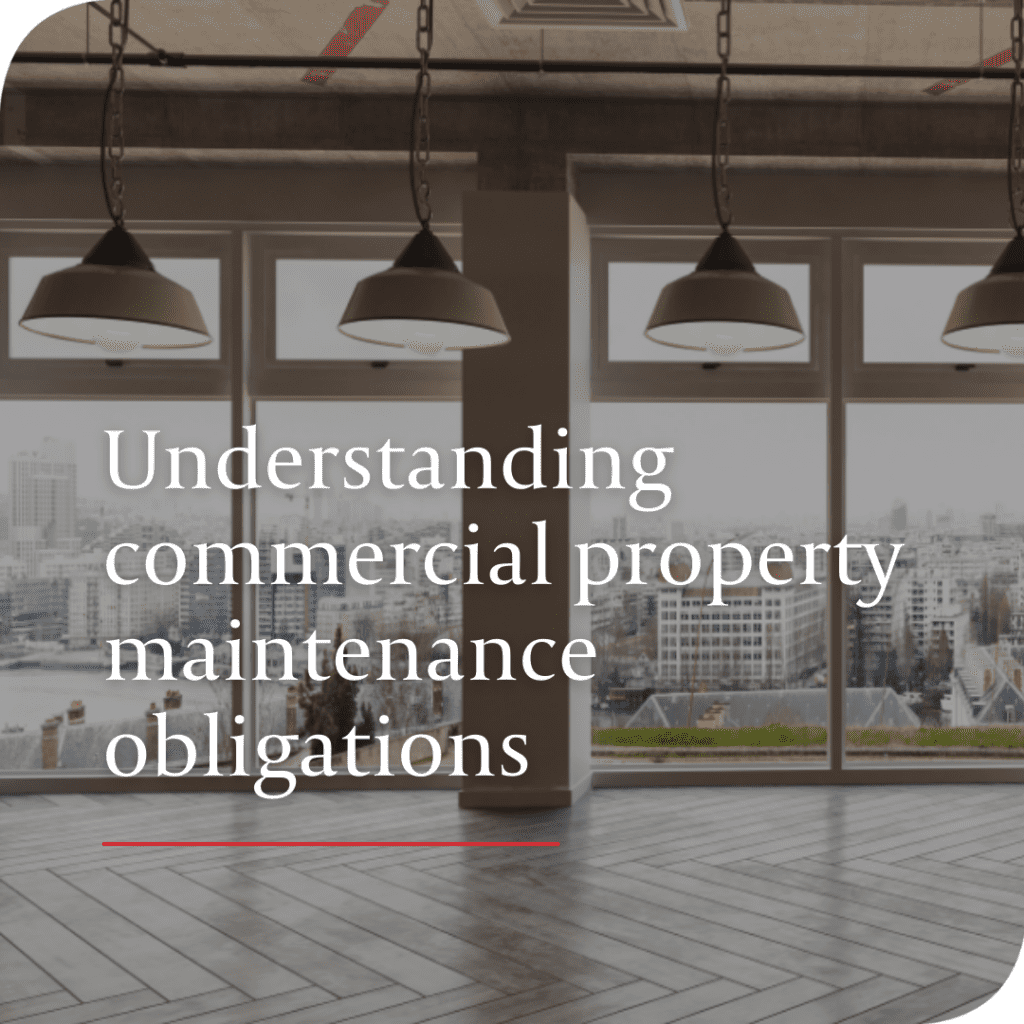
Did you know that there’s over 150 Acts of Parliament surrounding the landlord status? Don’t worry, we’re not going to run through each of these! But it’s certainly worth keeping up to date with relevant changes in legislation and policies.
A couple of useful resources you can use are https://www.nrla.org.uk and https://www.gov.uk/renting-out-a-property
Entering the world of private renting requires commitment and understanding, as well as a dedicated investment of time and finance. Surprisingly for some, there are significant costs to factor in for marketing and property maintenance.

The fundamental three ways to protect yourself as a landlord in the UK are actually very simple:
- Educate yourself with the key responsibilities and make sure you do them!
- Plan ahead of time to ensure all your essential duties have been completed in advance of a new tenancy.
- Stay organised and remain compliant throughout the whole process.
We’ve created this guide for UK landlords to empower and educate you when carrying out your role.
It includes all the key things you need to do when renting a property, such as insurances, electrical safety, gas safety, repairs; and how it all benefits you in the long run.
Stick to this and you’ll build a credible reputation that’s built on trust and integrity – two of the most sought after and valued characteristics by tenants.
The non-negotiables
As a UK landlord, you are liable for maintaining a safe standard for the property or risk facing hefty fines. There are a number of responsibilities landlords take on to meet the appropriate standard and protect themselves as well as their tenants:

- keep your rented properties safe and free from health hazards
- ensure all gas equipment and electrical equipment is safely installed and maintained
- provide tenants with an Energy Performance Certificate (EPC) and a valid Gas Safety certificate (CP12). These must be given to tenants on the day they move in.
- protect your tenant’s deposit in a government-approved scheme
- check your tenant has the right to rent your property in England
- give your tenant a copy of the ‘How to rent’ checklist when they start renting from you (email is acceptable)
Landlords must pay the following tax and National Insurance:
- Income Tax on your rental income, minus your day-to-day running expenses
- Class 2 National Insurance if the work you do renting out property counts as running a business
- If you only occasionally rent out your property or part of your home (for example through short-term rental apps), check if you need to tell HMRC about this income.
If you have a mortgage on the property you want to rent out, you must get permission from your mortgage lender.
Fire safety – another landlord responsibility – includes fitting and testing of all smoke and carbon monoxide alarms. There needs to be at least one smoke alarm on every floor of the property, and a carbon monoxide detector in every room that has a solid fuel-burning appliance.
Smart suggestions
If you implement the following recommendations, you’ll protect yourself as a UK landlord and continue to benefit from the many advantages privately renting out a property can offer.
Invest in marketing
You never get a second chance to make a first impression, so get it right first time.

- Invest in your marketing strategy with your time as well as money.
- Research your market and get online!
- Use a specialist lettings agent if necessary; utilise their connections and provide your property with significant exposure.
- 90% of information transmitted to the brain is visual, so when you’re photographing your property, make sure you get professional shots to elevate the appeal and drive enquiries.
Referencing & Right to Rent
It’s not a legal requirement, but from experience we recommend that before a tenancy begins, you request references from your proposed tenants so you can determine their suitability for your property and make an informed decision. In addition to this, the Right to Rent scheme requires landlords to determine people’s immigration status by checking ID (and their right to rent in the UK).
Get licensed
Check with your local council, before you let out a property, if you require a landlord license as rules can vary depending on location. If you don’t hold the correct license, you risk invalidating your buildings insurance policy.
Building & contents insurance
Get insured! Buildings insurance covers the structure of your home as well as any fixtures and fittings including fitted kitchens and bathroom suites. Contents insurance covers the items within your home, from furniture and electrical items to jewellery and clothing. An inventory is one of the most important documents you will have as a landlord and should always be carried out at the beginning and end of every tenancy as a means to safeguard your investment.
Deposit
There is a legal obligation imposed on landlords in England and Wales to keep tenants’ deposits exclusively in one of the following government-approved deposit protection schemes: the Tenancy Deposit Scheme (TDS), MyDeposits and the Deposit Protection Service (DPS).
As we mentioned at the beginning of this blog, there are a significant number of Acts of Parliament surrounding landlords in the private renting world but focus on the non-negotiables to ensure you start out fully compliant and then build your knowledge from there.
Jacobs Steel are estate and letting agents with offices in Worthing, Findon, Lancing, Shoreham-by-Sea and Hove. We will guide you through the entire process, communicating with you every step of the way. Get in touch with the team to book your valuation visit now.
Other articles you might enjoy


